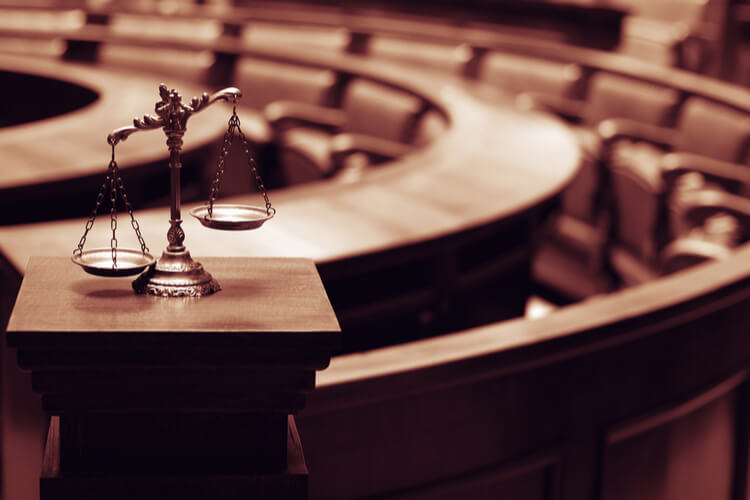
Strategic Trial Readiness: Essential Preparation Advice

Strategic Trial Readiness: Essential Preparation Advice
Embarking on a trial demands meticulous preparation to navigate the legal landscape successfully. This article provides crucial trial preparation advice, guiding individuals and legal professionals toward strategic readiness for courtroom proceedings.
Understanding the Case Inside Out
Comprehensive understanding of the case is the foundation of effective trial preparation. Legal teams must delve into every detail, from the facts and evidence to the applicable laws. This in-depth understanding allows for strategic planning and ensures that the legal arguments align with the nuances of the case.
Identifying Key Legal Issues and Arguments
Each case presents unique legal issues that demand careful consideration. Identifying and prioritizing these key issues is vital for crafting persuasive legal arguments. By focusing on the most relevant aspects, legal professionals can streamline their approach and present a compelling case to the court.
Gathering and Organizing Evidence
A well-organized and robust presentation of evidence is a cornerstone of trial preparation. Legal teams should meticulously gather and organize all pertinent evidence, ensuring its admissibility and relevance. Thorough documentation and categorization contribute to a seamless presentation during the trial.
Building a Persuasive Narrative
Crafting a persuasive narrative is an art in trial preparation. Legal professionals must weave the evidence into a compelling story that resonates with the judge or jury. A coherent and persuasive narrative enhances the overall impact of the case presentation, making it more memorable and impactful.
Conducting Mock Trials and Case Simulations
Mock trials and case simulations offer a valuable opportunity to test trial strategies and refine presentation techniques. By simulating courtroom scenarios, legal teams can identify potential challenges, fine-tune arguments, and enhance overall trial readiness. Mock trials provide a controlled environment to address weaknesses and build on strengths.
Preparing Witnesses Effectively
Witness preparation is a critical aspect of trial readiness. Legal teams must ensure that witnesses are well-prepared to testify confidently and accurately. This includes familiarizing them with potential questions, coaching on demeanor, and addressing any concerns. Well-prepared witnesses contribute significantly to the credibility of the case.
Anticipating and Addressing Counterarguments
Effective trial preparation involves anticipating opposing arguments and being prepared to counter them. Legal teams should conduct a thorough analysis of potential counterarguments, developing strategic responses to strengthen their position. Proactive preparation for potential challenges enhances the overall resilience of the case.
Ensuring Adherence to Court Procedures
Adherence to court procedures is non-negotiable in trial preparation. Legal professionals must familiarize themselves with court rules and procedures, ensuring strict compliance. Failure to adhere to these protocols can have adverse consequences, making it imperative to navigate the trial process with precision.
Exploring Settlement Opportunities
While trial preparation is essential, exploring settlement opportunities is a strategic consideration. Legal professionals should evaluate the potential benefits of settlement, considering factors such as time, cost, and potential outcomes. Being open to negotiations demonstrates a pragmatic approach to dispute resolution.
Maintaining a Calm and Professional Demeanor
Trial proceedings can be emotionally charged, but maintaining a calm and professional demeanor is crucial. Legal professionals should exude confidence and composure, irrespective of the challenges presented during the trial. A composed demeanor enhances credibility and contributes to a more effective presentation.
Empowering Success in the Courtroom
In conclusion, strategic trial readiness requires a multifaceted approach encompassing case understanding, evidence organization, persuasive storytelling, and meticulous preparation. By implementing these trial preparation tips, legal professionals and individuals involved in litigation can empower themselves for success in the courtroom.
For comprehensive legal guidance and trial preparation assistance, visit Trial Preparation Advice.









